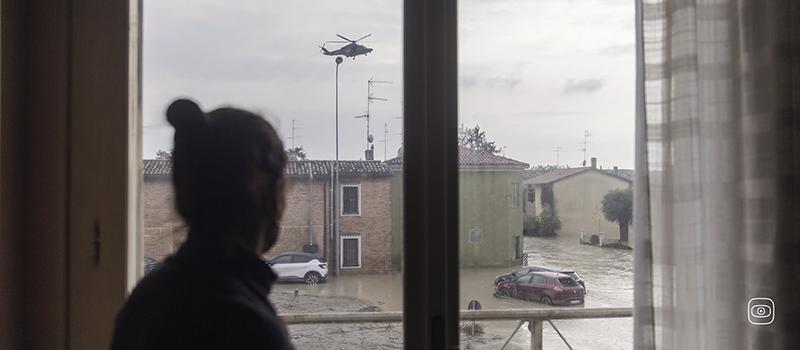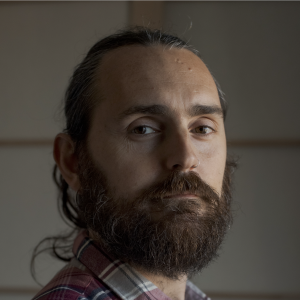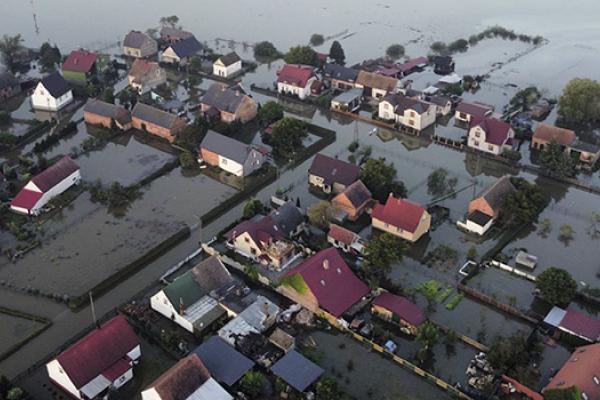Extreme weather events have become more common due to climate change, and communities in Southern Europe are facing new mental health challenges.
“Mud is heavy: the mud that sticks to your clothes and skin, but also the mud that stays with you”, said Stefania, who lives in Faenza (Italy) and has experienced three floods in the last two years.
“The first week I couldn't stand the sound of the water: when it rained I covered my ears with my hands”, says Diletta from Campi Bisenzio (Italy), who after the flood has been living away from home for a year with her two daughters.
“I am not afraid that one day we will have no water when we turn on the tap. What I am afraid of is that the landscape will change completely,” says Jaume, the Catalan environmental activist.
A multidisciplinary team of journalists, photographers and psychologists measured the psychological impacts of climate-related disasters across regions and populations in Italy and Spain. Through interviews, questionnaires, and visual investigation, the project blended journalistic storytelling with scientific research.
Sudden climatic events such as floods cause acute emotions, while slower changes in the landscape trigger chronic emotions.
“As if the speed of change in our mood mirrors the speed of change in the landscape around us”, said Matteo Innocenti, psychiatrist of the Italian Association of Climate Change Anxiety (Aiacc).
The Catalan population has increased levels of solastalgia: people suffer by perceiving their natural environment inexorably changing, and along with it their habits and, in general, everything they used to love as it has always been. With regard to the floods, the symptomatology is mainly linked to post-traumatic stress disorder, and also to anxiety-depressive symptoms.
Triggering factors range from physical trauma, such as wounds or burns, to psychological trauma, such as seeing one's home destroyed, one's memories swallowed up by mud, or simply witnessing scenes of destruction of one's territory.
Illustration: Flood in Traversara, Emilia-Romagna, September 19, 2024. Photo by Michele Lapini.




